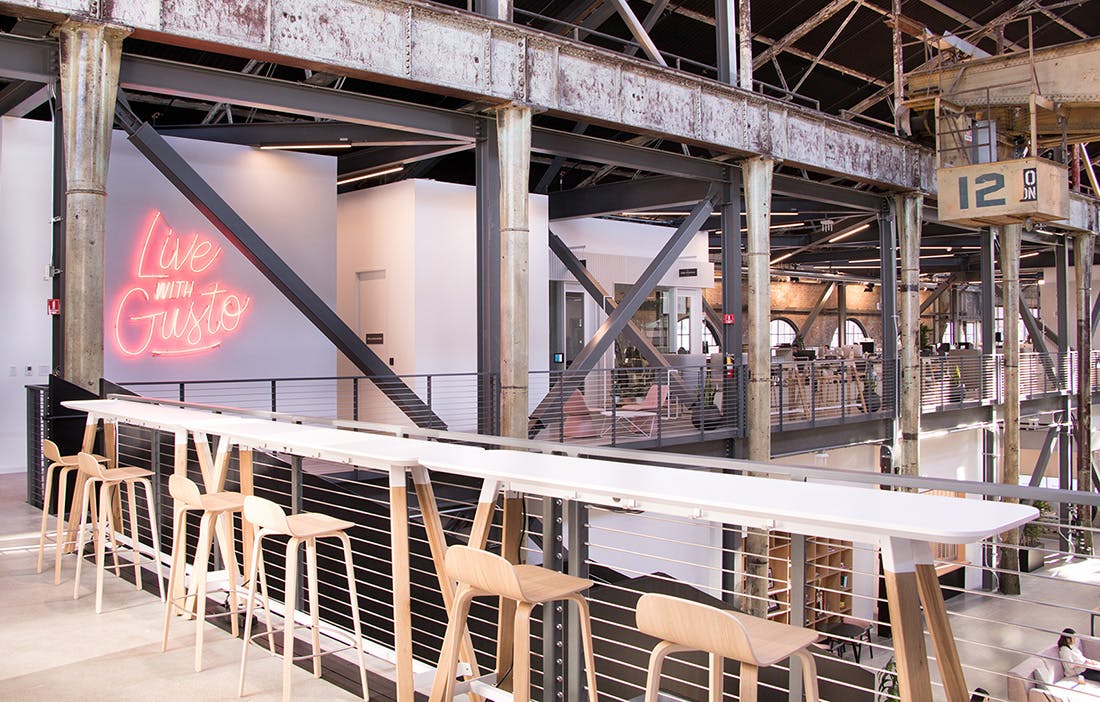New Office? What To Negotiate In Your Lease

Whether you’re working for a startup that’s rapidly expanding or a company that’s simply looking for another space, knowing how to negotiate an office lease will come in handy.
Though there’s a lot of information you will need to prepare yourself, negotiating a new lease doesn’t necessarily have to be stressful and daunting.
Before you go into negotiations, you should have an established understanding of your own budget, concerns, and conditions. Once you have established your criteria internally with your company, you will be ready to tackle the negotiating process head on.
Here are a few things you should make sure to negotiate in your next office lease:
Length of Lease
Although landlords generally like longer term leases, startups should by and large aim to get shorter leases because there’s a higher sense of uncertainty. Will your company go through a period of rapid expansion and therefore need more space?
On the other hand, there’s always the possibility that your company will downsize or outsource labour outside of the office. Hence, a shorter lease will give your company more flexibility. Aim to have your lease be up for renewal every two years.
Deposit Amount and Free Rent
Landlords require that tenants pay a security deposit before moving in. But when it comes to commercial spaces, there’s a range of how much you will have to pay initially. Will it be two or nine months?
In addition to figuring out that amount, you will also have to settle on agreement regarding “free rent” (also known as abated rent.) The term “free rent” is misleading. To help businesses cover relocation costs, landlords offer them a few months of no rent. However, landlords typically increase rent later on for a few months to subsidize the initial grace period.
You should calculate how much moving will cost (transferring desks, computers, and employees can get pricey). From there, you will be in a position where you’ll know how much deposit you can afford and the amount of “free rent” which can help you. It might seem like a deal but by all means make sure to read the fine print.

Rent Increases
Over time, the property value will inevitably increase. Especially if you’re moving into a trendy, renovated part of town, there’s a chance it could skyrocket. Landlords are under constant pressure to have their rates match the surrounding market.
To avoid having to constantly renegotiate terms, both parties agree on a fixed escalation rate. This way, landlords can maintain a competitive rate and tenants don’t abruptly have to pay significantly more.
There are a few ways you can agree to have rent increase. You can have a predetermined increase per square foot, a percent escalation, or have indexed solutions that follow the Consumer Price Index. Though the predetermined increase per square foot and percent escalation are at fixed amounts, the indexed solution is a bit more complicated. Since it matches the CPI, there’s a chance that your rent could even decrease some years.
Sublease
If you’re renting a bigger space, you should definitely look into your sublease clause. Anyone who works at a startup will tell you that things are pretty unpredictable. There can be mergers, downsizing, expansions, and acquisitions.
You should push for flexible terms regarding sublease agreements and ensure that you’re protected in all scenarios.
Renovations and Repairs
Even if you have found the ideal space, chances are that your team will eventually want to change something. Maybe you will want new carpeting or a paint job. Whatever it is, establish clear terms of who will cover it.
You should push for a tenant improvement allowance — a set of funds that a landlord gives tenants to make changes in a space. Additionally, double check for a clause that states your space will have to be in pristine condition when you vacate it. You don’t want to accrue penalties and fees if there is damage.
Often, both parties have insurance clauses that cover those scenarios and states who pays. In regards to property damage, these clauses will also detail how much a tenant should pay depending on the severity.

Eviction Terms, Holdover Clause, and Exit
Moving into a space generally means that your company is doing well. But things could change in the future. And if something goes wrong, you will want to be protected or at the very least, have a clear understanding of the stakes.
With your landlord, come up with a reasonable set of eviction terms. Make sure to have it clearly articulated what scenarios and events will justify eviction. Sometimes, companies overstay their lease while they are relocating.
In the negotiation process, also discuss the hold-over clause of your agreement. Holdover clauses state that if a tenant fails to vacate the property, they will have to pay an increased amount of rent. Though this isn’t an unreasonable request from the landlord, aim for a rate that isn’t so extreme.
In a similar vein, negotiate for a cancelation clause just in case you want to leave your agreement early.
Perks
21st century workplaces have a renewed emphasis on culture. Companies are going out of their way to ensure that their workplaces are accomodating and have numerous perks like bike storage, pets, and numerous kitchen amenities.
Though some landlords are skeptical of these perks, try your best to advocate for flexible conditions so you can boost your workplace culture however you see fit.

Think About The Future
When you’re negotiating your office lease, you should always have the future in mind. Regardless of the current state of your company, you need to think about various scenarios that might seem unlikely.
To get the best deal for your company, look into consulting with brokers and rental insurance lawyers. Though negotiating an office lease can take a while, you should always be careful and have a thorough understanding of the details.
Moving into a new space is just one aspect of upgrading your workplace. Check out what Eden can do for your company.
.png)

.png)




